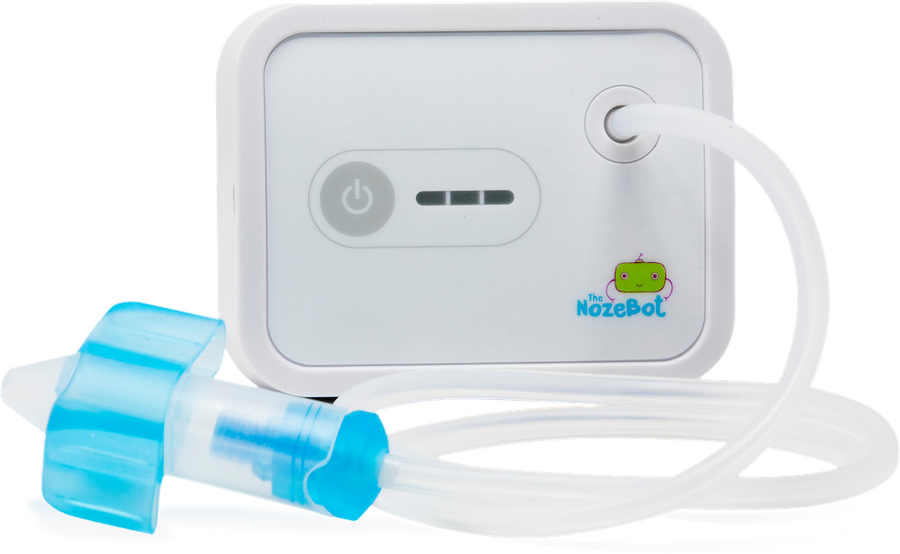Guest Post by Katy Fleming, MA, LPC, BSN, RN
After conquering 40ish weeks of pregnancy and childbirth, you deserve much-needed relaxation.
Between 2-3 hour diaper changes and feedings coupled with postpartum recovery, you probably find little time to focus on yourself.
Boost your postpartum mental health with these evidence-based relaxation techniques.

5 Relaxation Techniques That Support Postpartum Mental Health
The majority of moms struggle with the baby blues—unexplained crying, mood changes, and sadness— for the first two weeks after delivery.
1 out of 8 women have worsening symptoms leading to a diagnosis of postpartum depression (PPD).
Implement intentional moments into your routine to support your mental health with these relaxation techniques.
1. Mindfulness + Meditation
Racing thoughts, excessive worry, and stress commonly seep into the postpartum “fourth trimester.”
When you finally grab a few moments to yourself, it’s difficult to shut off those anxious thoughts. Backed by extensive research, mindfulness and meditation improves the body’s stress response, reduce anxiety, improve concentration, and facilitate calmness.
Several online tools provide free guided meditation such as Mindful. Consider getting started with this basic mindfulness acronym, STOP.
- S: Stop what you are doing
- T: Take a breath
- O: Observe your thoughts
- P: Proceed forward
This simple technique allows you to remain in the moment, increase self-awareness, and promote internal calm.

2. Physical Exercise
Low-impact exercise such as walking around the block with the stroller is strongly correlated with lessening symptoms of postpartum depression (PPD) according to studies.
It’s no surprise as exercise is commonly promoted to battle depressive episodes, however, it’s important to remember that your body is continuing to heal.
Don’t push yourself too hard. Low-impact walks allow you to get fresh air, sunshine, and new scenery in addition to some light cardio.
3. Deep breathing techniques
Any parent knows telling someone to “just breathe” isn’t usually a helpful suggestion.
Instead, let’s focus on diaphragmatic breathing exercises to improve your postpartum recovery timeline.
These deep breathing exercises have proven to reduce stress, improve core strength, and slow the rate of breathing.
Here are some basic instructions to get you started:
- Lie flat on your back with your head and knees supported.
- Place one hand on your chest and the other below your rib cage.
- Slowly breathe in through your nose causing the hand on your stomach to rise while keeping the hand on your chest completely still.
- Tighten your stomach muscles to feel your hand lower as you exhale through your lips.
Practice these diaphragmatic exercises for 5-10 minutes a few times each day. Slowly spend more time and effort on the exercises each day.
Diaphragmatic breathing is initially challenging for some. Discuss any questions with your doctor and take your time.

4. Music
From soothing the soul to energizing the mornings, music significantly impacts our lives. The extensive benefits of music are widely studied and implemented across all stages of life.
Studies reveal that music may improve your mood, enhance sleep, reduce blood pressure, and ease your anxiety.
Implement music therapy into your routine in a variety of ways. Consider joining a local choir, listening to calming music on Spotify, or playing an instrument at home.
Connect with your support system by asking friends to share their favorite calming tunes. Use these suggestions to create the ultimate relaxation playlist.
5. Creative Writing + Journaling
A recent study found that expressive writing significantly reduced stress in mothers with newborns in the NICU.
Try setting a few minutes each day to sit down in a quiet, comfortable spot with a hot cup of tea or coffee and a notebook. Jot down your feelings, experiences, and thoughts to build self-awareness and de-stress your day.
Consider utilizing a writing prompt or expressing yourself through poetry if you’re looking for a more creative outlet.
Journaling provides an opportunity to identify goals and process emotions in your safe space.
Want more postpartum tips? Check these out:
- Everything To Know About C-Section Recovery And Aftercare
- Postpartum Diet: Foods To Avoid After Giving Birth (And Why!)
- How To Support A Mom Who Has Just Given Birth
- 10 Postpartum Products You Never Knew You Needed
- How To Get Better Sleep After Giving Birth: The Ideal Postpartum Sleep Position
As a new mom, it’s important to prioritize your postpartum recovery. Try out these different methods to find your paradise of relaxation.
If you’re experiencing any symptoms of postpartum depression or anxiety, contact your doctor immediately for further support.
As a licensed counselor and registered nurse, Katy approaches freelance writing with years of experience and a unique perspective. Alongside her partner, Katy loves to travel the world and embrace other cultures from volcanoes in Iceland to villages in India.
The Nozebot is a battery-powered suction device designed to clear nasal congestion in babies and children.


